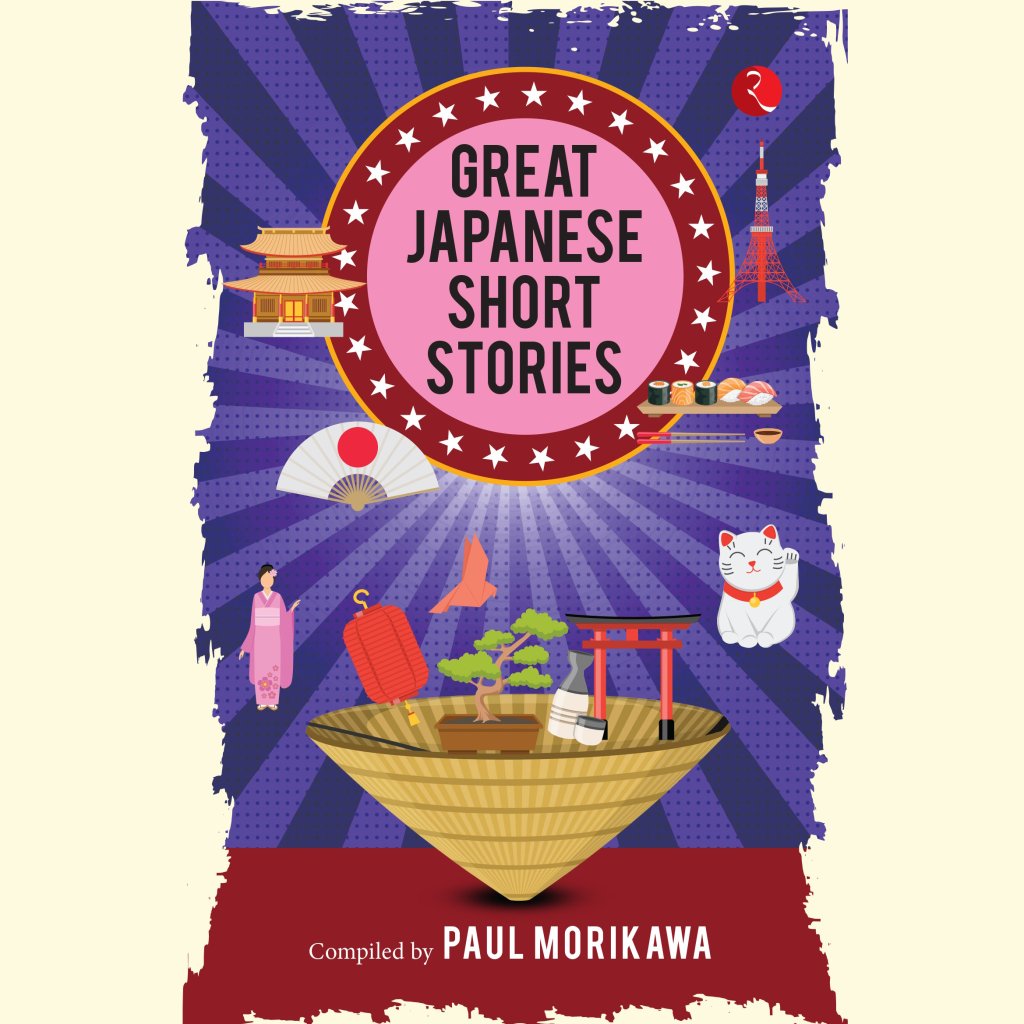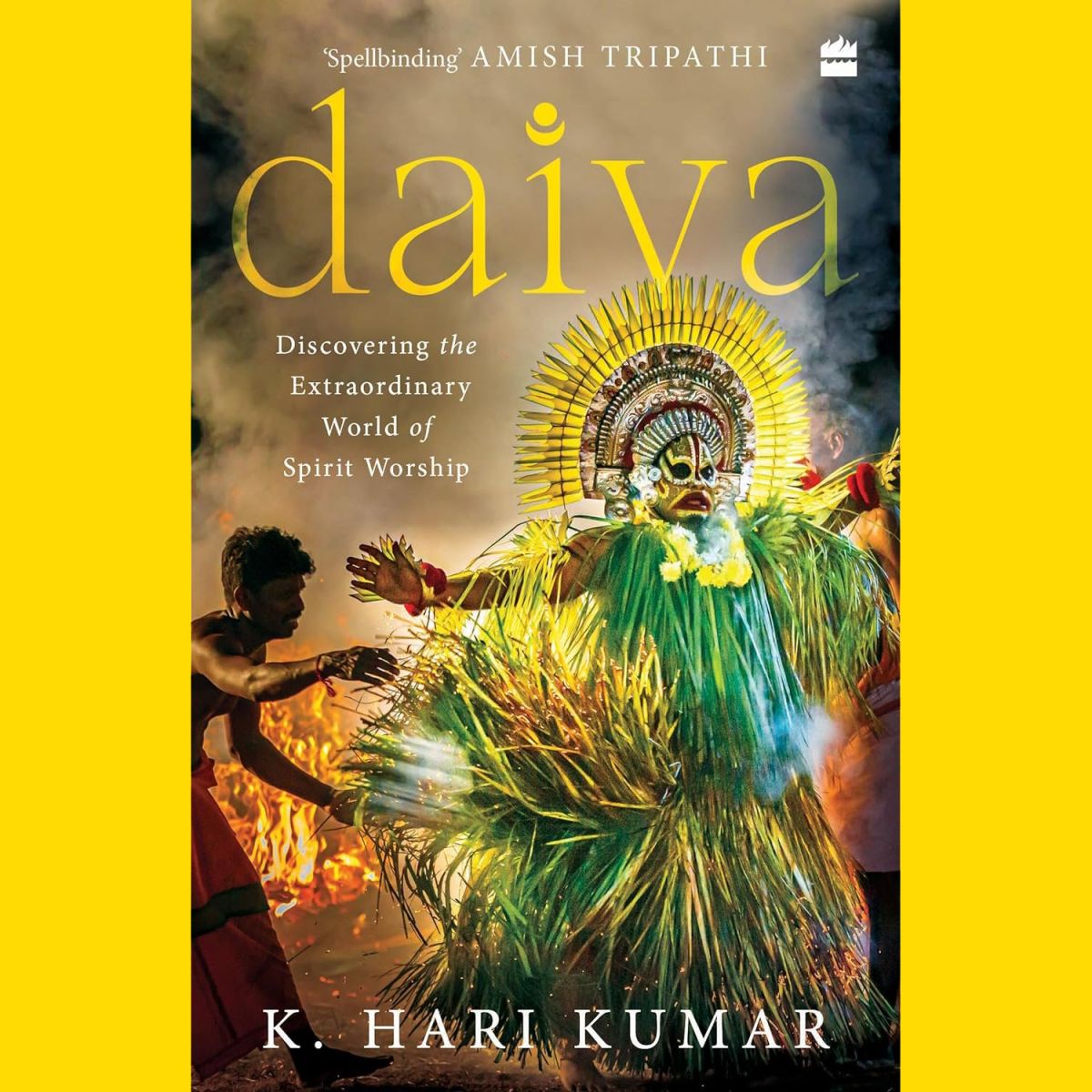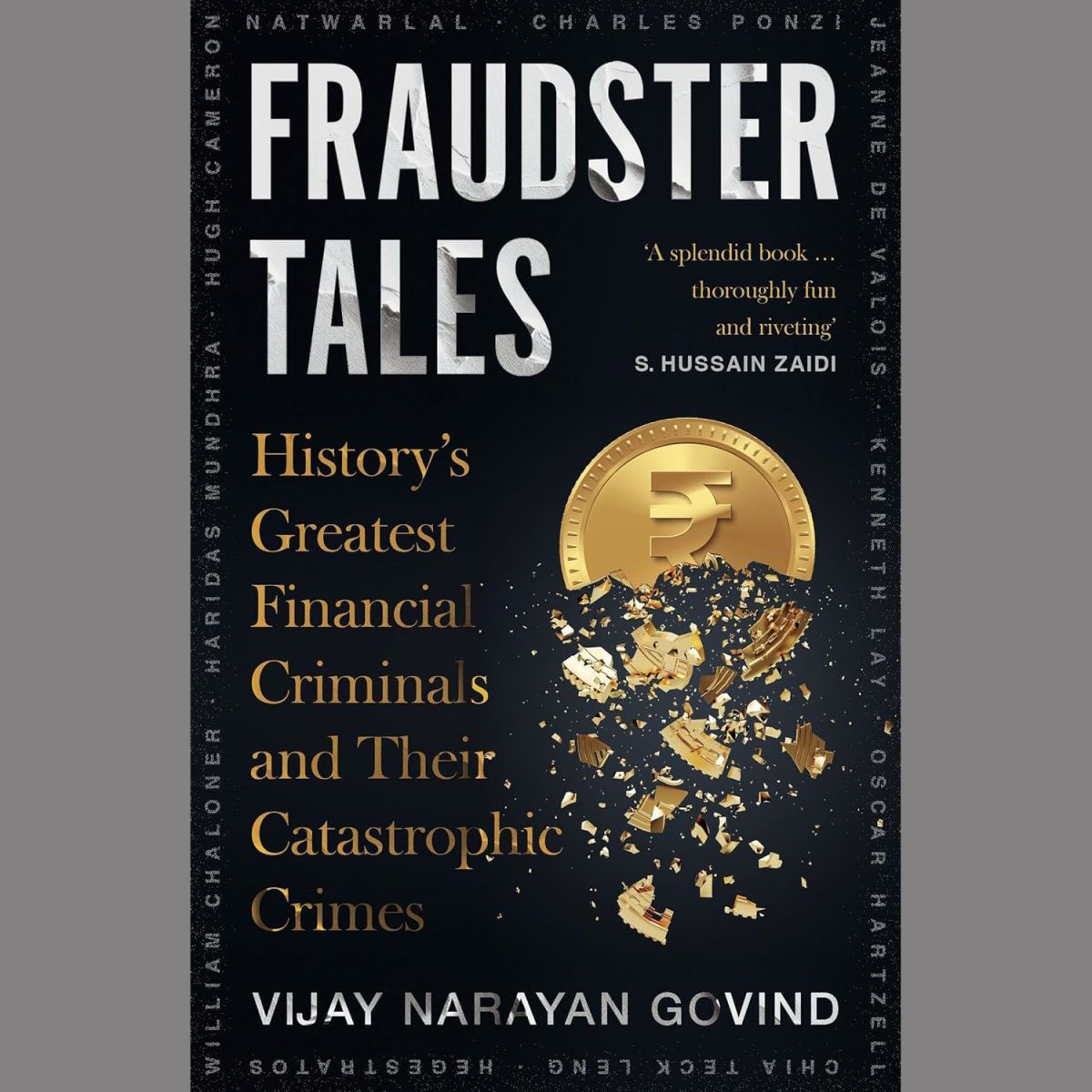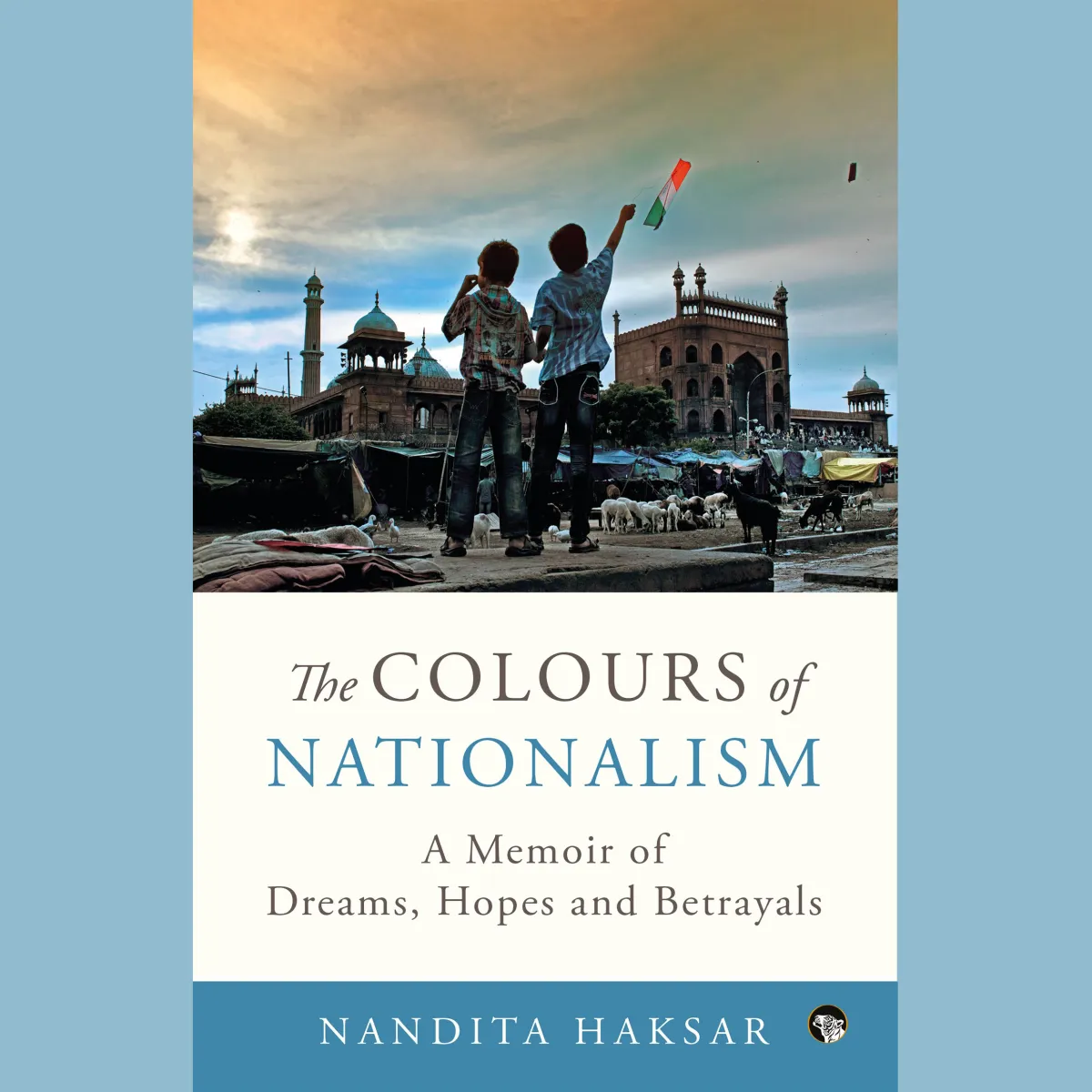We have a bit of an obsession with all things Japanese, here at BooksFirst. And that includes works of fiction as well as non-fiction from Japanese authors, translated into English of course since we can’t, unfortunately, read Japanese. Which brings us to this new book, Great Japanese Short Stories, published recently by Rupa Publications. Compiled by Paul Morikawa, this is a great collection of short stories from authors like Yei Theodora Ozaki, Lafcadio Hearn, Seki Keigo and others – timeless stories that offer glimpses of Japanese culture and society, and things that make Japan so unique, so different from anywhere else on the planet.
With the publisher’s permission, here is an excerpt from The Story of the Man Who Did Not Wish to Die, one very interesting story from this collection.
Long, long ago there lived a man called Sentaro. His surname meant ‘millionaire,’ but although he was not so rich as all that, he was still very far removed from being poor. He had inherited a small fortune from his father and lived on this, spending his time carelessly, without any serious thoughts of work. One day, without any reason whatsoever, the thought of death and sickness came to him. The idea of falling ill or dying made him very wretched. ‘I should like to live,’ he said to himself, ‘till I am five or six hundred years old at least, free from all sickness. The ordinary span of a man’s life is very short.’ Ah—if only he could find the ‘Elixir of Life,’ he would be happy.
He decided to go to the shrine of Jofuku, who is worshipped as the patron god of the hermits [who had the secret of the elixir] in the south of Japan. Sentaro reached the shrine and prayed for seven days. At midnight of the seventh day, the door of the innermost shrine flew open, and Jofuku appeared in a luminous cloud, and calling to Sentaro to come nearer, spoke thus: ‘Your desire is a very selfish one and cannot be easily granted. In answer to your prayer, however, I will help you in another way. I will send you to the country of Perpetual Life, where death never comes—where the people live forever!’ Saying this, Jofuku put into Sentaro’s hand a little crane made of paper, telling him to sit on its back and it would carry him there. Sentaro obeyed wonderingly. The crane grew large enough for him to ride on it with comfort. It then spread its wings, rose high in the air, and flew away over the mountains right out to sea.
After several days they reached an island. As soon as Sentaro got down from the bird’s back, the crane folded up of its own accord and flew into his pocket. Now Sentaro began to look about him wonderingly, curious to see what the country of Perpetual Life was like. Everything was, of course, quite strange, and different from his own land. But both the land and the people seemed prosperous, so he decided that it would be good for him to stay there. Sentaro obtained his great wish and became a resident in the country of Perpetual Life.
Within the memory of all the islanders no man had ever died there, and sickness was a thing unknown. Priests had come over from India and China and told them of a beautiful country called Paradise, where happiness and bliss and contentment fill all men’s hearts, but its gates could only be reached by dying. Quite unlike Sentaro and other ordinary people, instead of having a great dread of death, they all, both rich and poor, longed for it as something good and desirable. They were all tired of their long, long lives, and longed to go to the happy land of contentment called Paradise of which the priests had told them centuries ago. All this Sentaro soon found out by talking to the islanders.
He had wished to escape from dying. He had come to the land of Perpetual Life with great relief and joy, only to find that the inhabitants themselves, doomed never to die, would consider it bliss to find death. Vainly they tried to imagine what death could be like. The wealthy would have given all their money and all their goods if they could but shorten their lives to two or three hundred years even. Without any change to live on forever seemed to this people wearisome and sad. Sentaro said to himself that he would never grow tired of living. For his part he wished to live thousands of years and to enjoy life. He set himself up in business, and for the present never even dreamed of going back to his native land.
As years went by, however, things did not go as smoothly as at first. He had heavy losses in business, and several times some affairs went wrong with his neighbours. This caused him great annoyance. Three hundred years went by in this monotonous way, and then at last he began to grow tired of life in this country, and he longed to see his own land and his old home. However long he lived here, life would always be the same, so was it not foolish and wearisome to stay on here forever? Sentaro, in his wish to escape from the country of Perpetual Life, recollected Jofuku, who had helped him before when he was wishing to escape from death—and he prayed to the saint to bring him back to his own land again. No sooner did he pray than the paper crane popped out of his pocket. Sentaro was amazed to see that it had remained undamaged after all these years. Once more the bird grew and grew till it was large enough for him to mount it. As he did so, the bird spread its wings and flew, swiftly out across the sea in the direction of Japan.
Then a storm came on, and the wonderful paper crane got damp, crumpled up, and fell into the sea. Sentaro fell with it. Very much frightened at the thought of being drowned, he cried out loudly to Jofuku to save him. While he was thus struggling to keep himself afloat, he saw a monstrous shark swimming towards him. As it came nearer it opened its huge mouth ready to devour him. Sentaro was all but paralysed with fear now that he felt his end so near, and screamed out as loudly as ever he could to Jofuku to come and rescue him. Lo, and behold, Sentaro was awakened by his own screams, to find that during his long prayer he had fallen asleep before the shrine, and that all his extraordinary and frightful adventures had been only a wild dream.
Great Japanese Short Stories
Compiled by: Paul Morikawa
Publisher: Rupa Publications
Format: Paperback / Kindle
Number of pages: 248 / NA
Price: Rs 315 / Rs 299
Available on Amazon
Great Japanese Short Stories: An Excerpt







